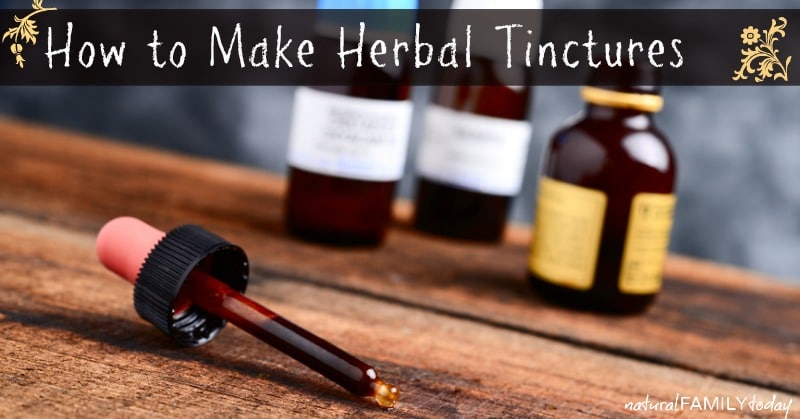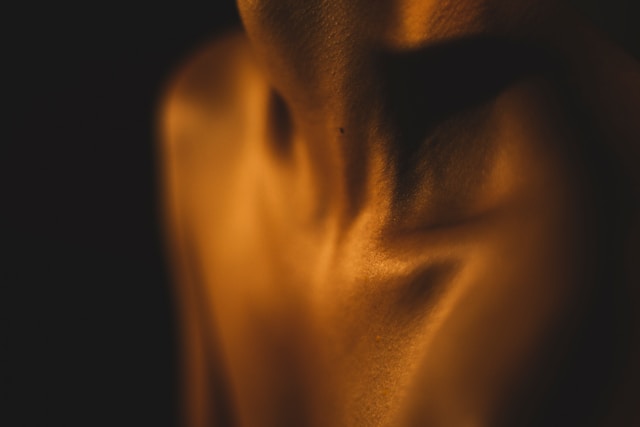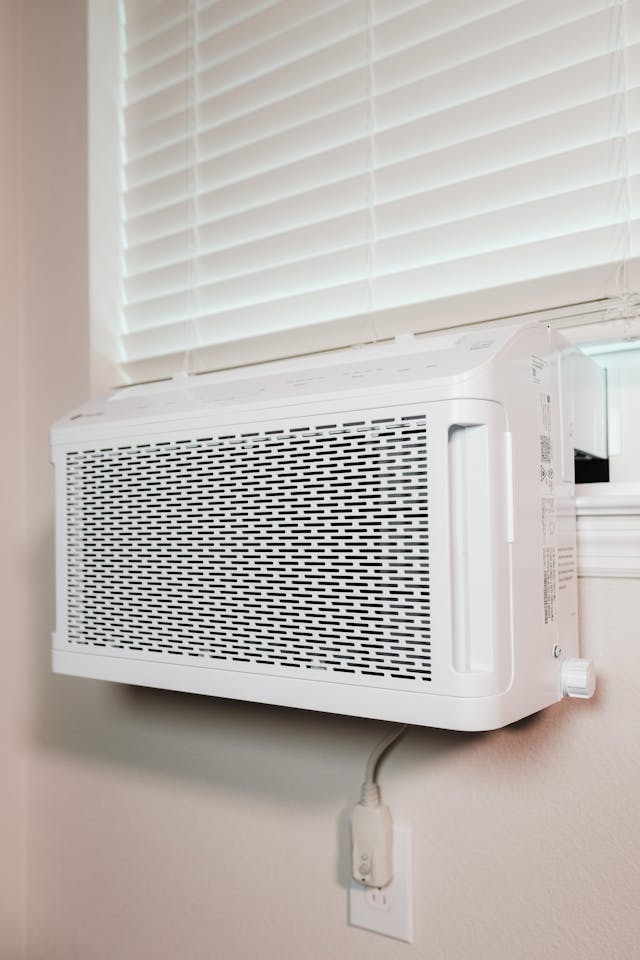Learning how to make herbal tinctures may seem daunting at first but really is a very simple process. Any aspiring herbalist should learn to make them as soon as possible as they are a valuable way to store and utilize various herbs and come in quite handy in the home apothecary.
An herbal tincture is a concentrated herbal extract that is made by using chopped herbs with a solvent. The solvent is typically alcohol, but glycerin or vinegar may be used as well. Tinctures are effective in drawing out the plants essential compounds, especially from the plants that are woody or fibrous or come from resins and roots. The tincture method is a great way to ensure that the nutrients of the herbs can be preserved for long periods of time, which is why it is one of the preferred methods of using herbs.
Herbalists enjoy tinctures for many reasons including that they are easy to carry, the use in long term treatments, the ability to be absorbed quickly, and their allowance for immediate changes in dosages. One of the other benefits of tinctures is that they keep the nutrients of the plants in a soluble, stable form and the herbs retain the semi-volatile and volatile ingredients that may otherwise be lost in the heat treatment and processing of the herbs.
Supplies for Making Herbal Tinctures
In order to make a tincture there are several supplies that are needed. Most of the time tinctures will be made using alcohol, usually vodka. However, they can also be made with vinegar, glycerin, or even honey if syrup is desired.
Basic supplies that are needed include:
- A pint size or larger clean glass jar with a lid (I use mason jars)
- Consumable alcohol, such as vodka or rum. Alcohol must be at least 80 proof. A food grade vegetable glycerin or apple cider vinegar may be used in place of the alcohol.
- Herbs of choice (I prefer this source)
- A glass dropper bottle or similar bottle to store finished tincture
How to Make an Herbal Tincture
Tinctures are also often called extracts. However, while all tinctures are extracts, not every extract is a tincture. Tinctures will always use alcohol as a solvent. If you use vinegar, glycerin, water, or any other type of solvent other than alcohol you are making an extract. There are some exceptions to this rule and there are times when an acetum is defined as being a vinegar tincture.
The first step in making the tincture will be to fill your jar about a third or half full with the dried herbs. The more herbs that are put in the stronger the tincture will be. Do not pack down the herbs. Next, fill the rest of the jar with alcohol and stir the mixture.
Put the lid on the jar and store it in a cool, dry place. You will need to shake the jar each day for about six weeks. If the alcohol has evaporated at all and the herbs are no longer covered, add more alcohol. After the six weeks are up, strain the mixture through a cheese cloth and use the herbs in your compost. The tincture can be stored in a dropper bottle or a clean jar.
If using apple cider vinegar instead of alcohol the tincture will be made in the same way, but it will need to be stored in the refrigerator and will last about three to six months.
How to Make Glycerin Tincture
In order to make a glycerin tincture you will fill the glass jar either a third or half full of herbs. Pour glycerin over the top of the herbs, filling the rest of the jar. Stir the mixture and then place the lid on the jar.
Next, place a baking mat or washcloth in the bottom of a crockpot with a low or keep warm setting. Fill the crockpot with water so that about ¾ of the jar is covered. Place the jar in the crockpot on the lowest setting. Keep it in the crockpot for at least 24 hours. You will add water as needed to keep the jar covered.
Let the tincture cool and then strain and use just as you would a regular tincture.
More Herbal Tincture Making Tips
If using fresh herbs make sure to finely chop the herb first in order to release the juices. If using dried herbs make sure that they are finely cut.
The standard alcohol percentage rate is 40 to 50%, which is found in 80/90 proof vodka. This is good for most dry herbs and some fresh herbs that are not juicy. For fresh herbs with high moisture use 67.5% to 70% alcohol. This can be done by using half 80 proof vodka and half 190 proof grain alcohol.


